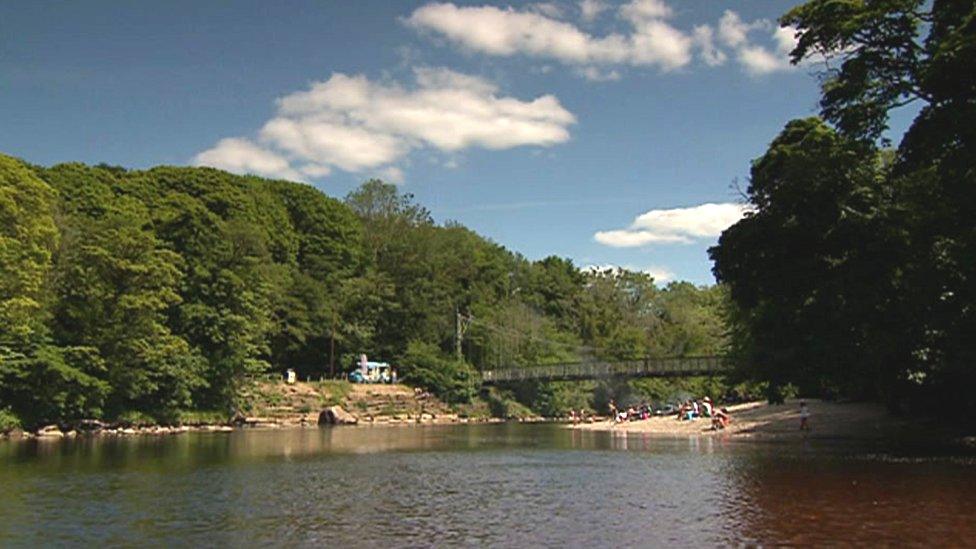Increase in new homes causing rise in River Nidd pollution
- Published
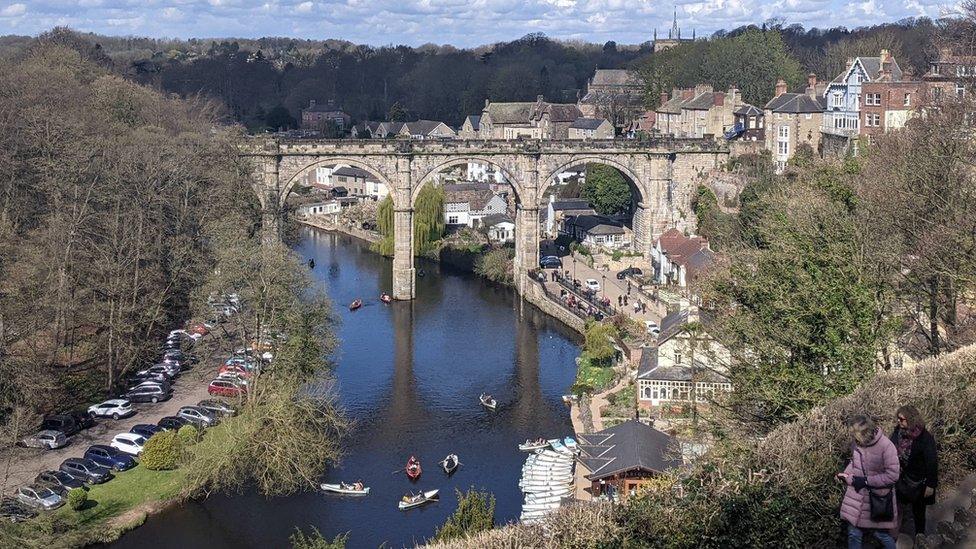
Sewage was dumped in the Rivr Nidd at least 870 times last year, EA figures show
A massive increase in housebuilding across Harrogate and Knaresborough is worsening pollution in the River Nidd, Environment Agency (EA) officials said.
A meeting of local councillors heard efforts to tackle historic pollution in the river were being made more difficult by a rise in new homes.
Sewage was dumped in the river at least 870 times last year, EA figures show.
Councillors were urged to factor in the Victorian sewerage system when granting permission for new developments.
During a presentation, the agency's Jamie Duncan, who has worked on the River Nidd for 20 years, said new homes being built on green field sites that historically had sewers for servicing a pub and a few farms risked overwhelming the system.
"[If] you're putting hundreds of houses into these pipes then you only need a very small amount of rain [for waste] to spill into rivers," he said.
He said officials needed to give more consideration to the impact building new homes was having on the sewerage system.
He said situation was leading to more storm overflows and more sewage being pumped into the Nidd.
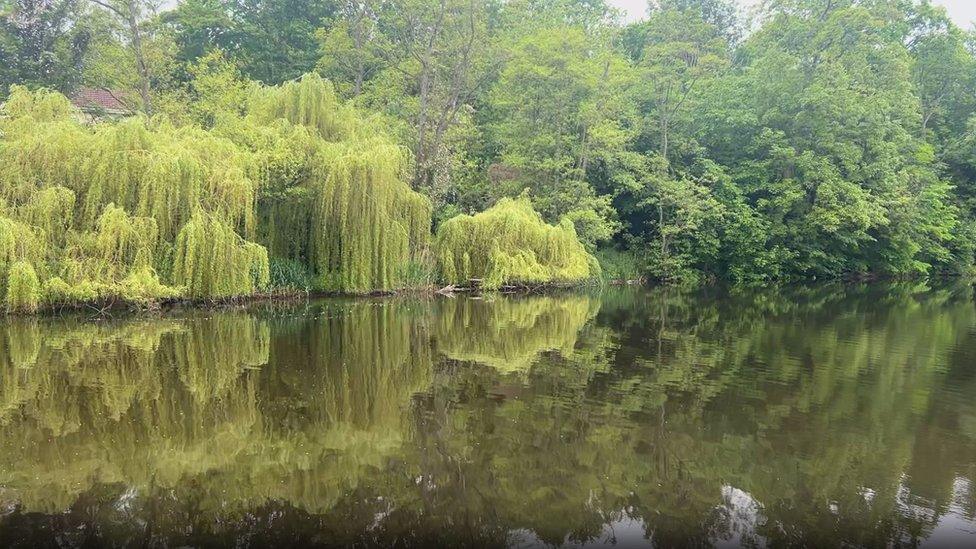
Sewage was discharged into the River Nidd hundreds of times last year
A working group of councillors was set up last year to tackle pollution in the river following an incident last summer where several children were taken ill after swimming there, according to the Local Democracy Reporting Service.
Campaigners were also trying to get a stretch of the River Nidd at Knaresborough designated with bathing water status to improve water quality.
North Yorkshire Council is in the early stages of developing a new county-wide Local Plan, which will set out where houses can be built over the next 15 years.
Conservative councillor for Bilton and Nidd Gorge, Paul Haslam, said he hoped the authority would look at the sewage network as a "critical part" of infrastructure, like roads.

Follow BBC Yorkshire on Facebook, external, X (formerly Twitter), external and Instagram, external. Send your story ideas to yorkslincs.news@bbc.co.uk, external.
Related topics
- Published31 May 2023
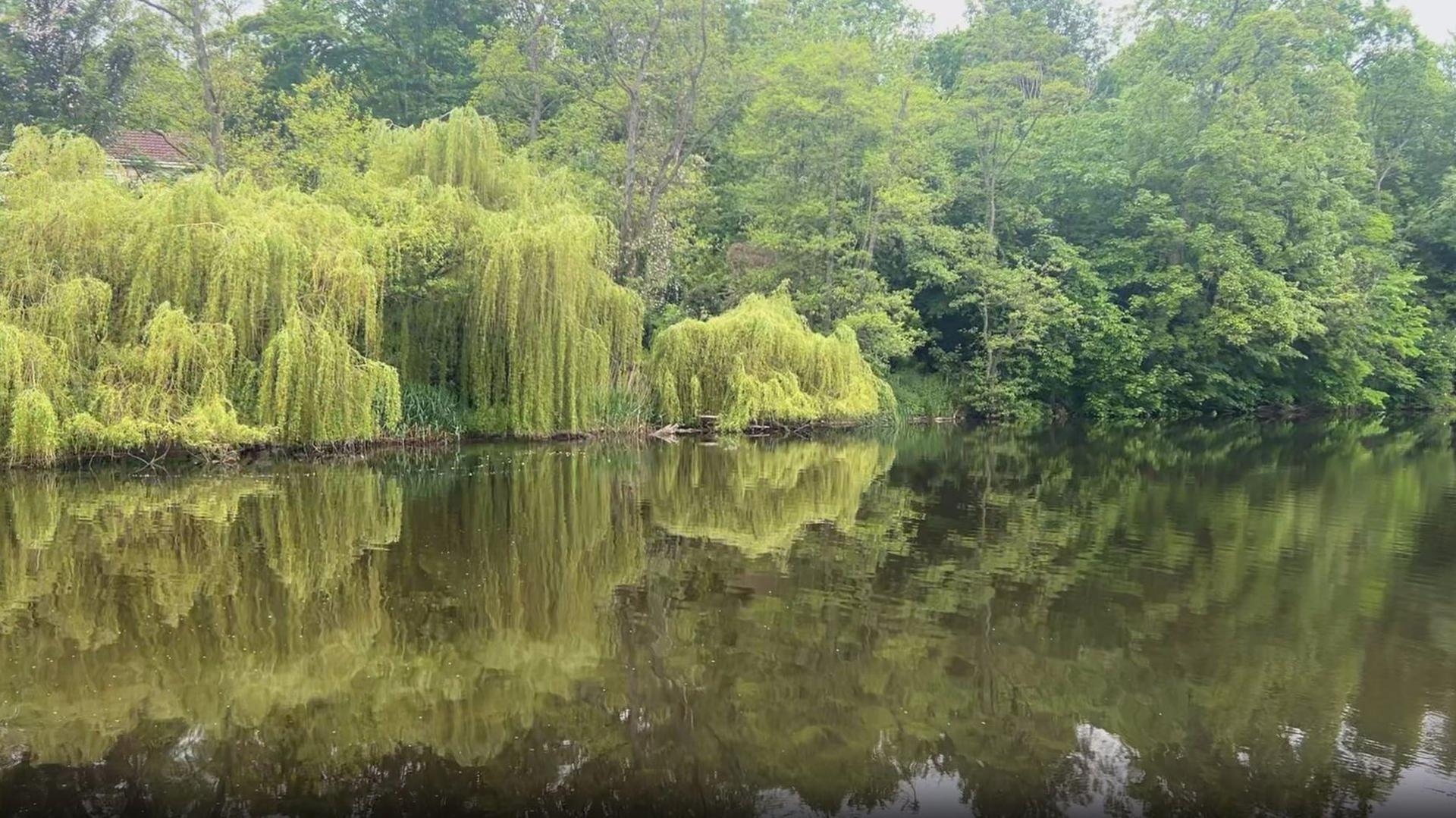
- Published18 May 2023
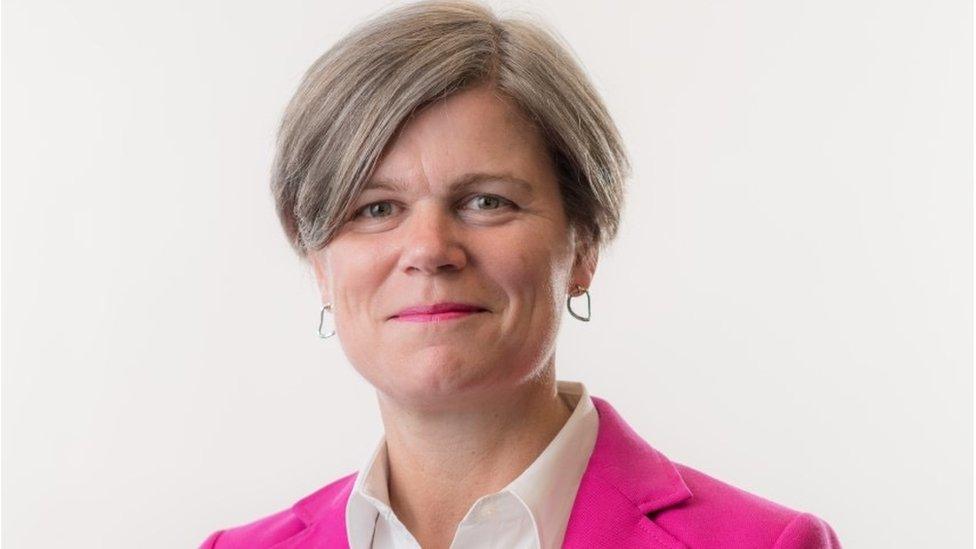
- Published26 November 2022
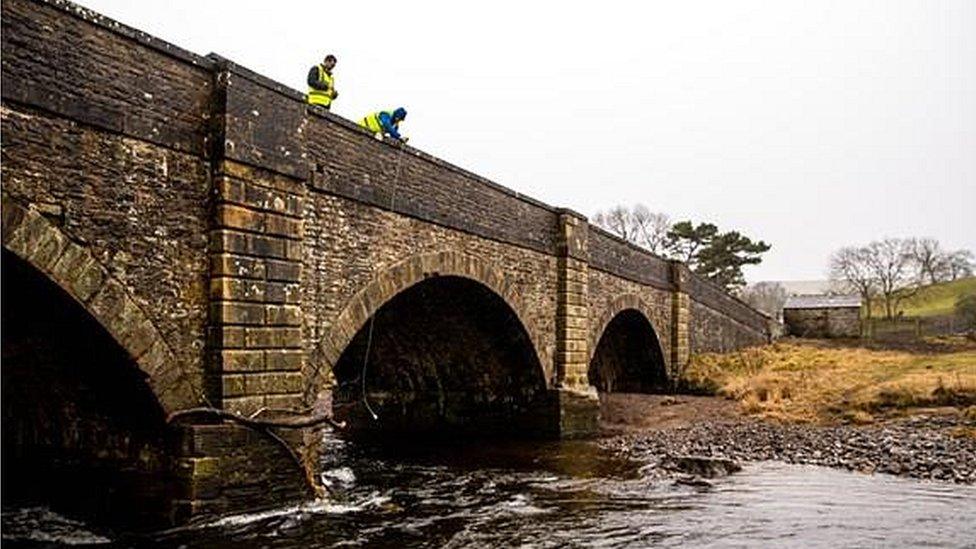
- Published22 December 2020
